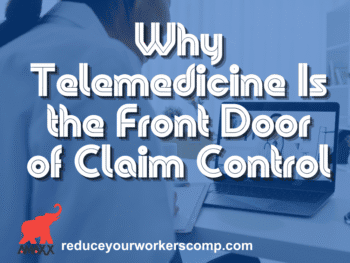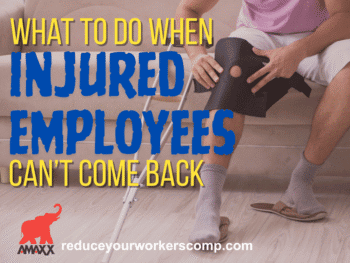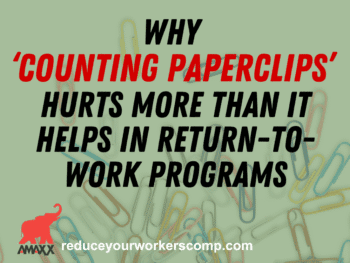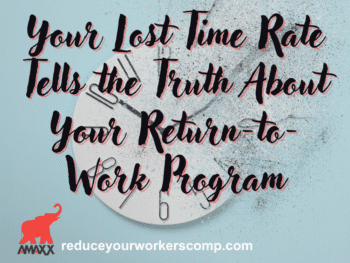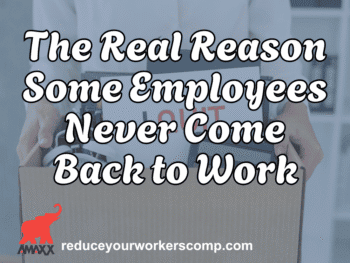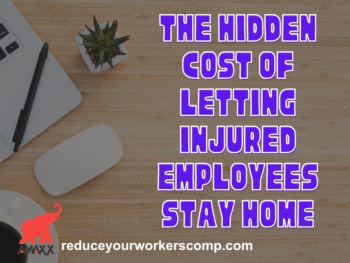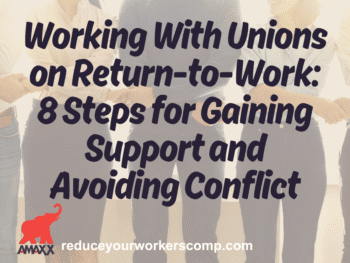
A Message on COVID-19 from WorkSTEPS Chief Medical Officer Dr. Ben Hoffman originally published at: https://www.worksteps.com/news-and-insights/7-23-20-covid-19-brief-evidence-helps-reduce-the-cost-of-returning-employees-to-work
Evidence Helps Reduce the Cost of Returning Employees to Work
This week, the CDC updated its guidance regarding when and how people with Covid-19 can safely return to work. Click here to receive our soon-to-be-updated flow chart which summarizes and simplifies RTW guidance. In the meantime, here are my take-aways:
- Researchers are now confident that people with mild-to-moderate Covid-19 (the vast majority of patients) are no longer contagious after 10 days, so it is safe for them to return to work. Testing is not necessary because it is of no value.
Click Link to Access Free PDF Download
“13 Research Studies to Prove Value of Return-to-Work Program & Gain Stakeholder Buy-In”
- People with severe illness may remain contagious for up to 20 days.
- People who never develop symptoms but who test positive for Covid-19 can return to work 10 days after the date their first positive PCR test was administered. Again, these people should not be tested again.
- For those who remain asymptomatic after recovery from a confirmed case of Covid-19, retesting is not recommended for a period of 90 days, even if they have been in close contact with an infected person. This is because evidence indicates people who have had Covid-19 have immunity for at least 90 days, and because PCR testing may detect RNA that is not “replication-competent” – a false-positive test that would trigger an unnecessary quarantine.
- There are other important nuances in the CDC’s update that we will reflect in the revised flow charts we will soon make available.
Overall, this is good news for employers. By implementing the changes, companies can confidently rely on time-based RTW approaches and avoid spending money on testing that has no added value. Further, the guidance can reduce unnecessary testing quarantining of employees who have previously had Covid-19 (at least for a 90-day window). Notably, these sorts of efficiencies require that companies maintain an accurate account of employees out with Covid-19, testing, quarantine dates, etc. As such, companies should consider engaging clinical support services such as those offered by WorkSTEPS.
FREE DOWNLOAD: “13 Research Studies to Prove Value of Return-to-Work Program & Gain Stakeholder Buy-In”
Finally, we should recognize that this update is another example of how scientists around the world are using data to improve the effectiveness and efficiency of strategies to reduce the spread of Covid-19. Last week’s article on the importance of HVAC systems is another example. As we noted in this post back in March, data-driven insights enable us to open up our businesses and economy more completely.
What’s on Your Mind?
The primary goal of this Brief is to provide useful information and insights. What issues are on your mind that we’ve not covered or that you’d like us to revisit? If you have suggestions, please let us know.


